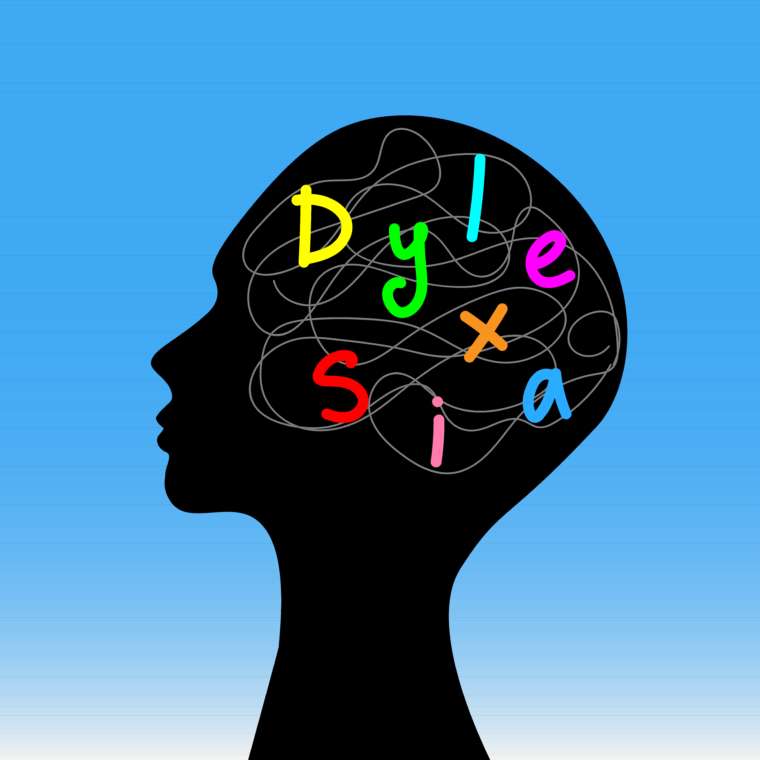Dyslexia is not a pigeonhole to say you can’t do anything. It is an opportunity and a possibility to learn differently. ~ Princess Beatrice

Dyslexia is a neurological difference that occurs when certain areas of the brain associated with language and literacy are impacted. It can manifest in different forms and has an enormous range of symptoms and levels of severity; however, there remains one common factor – different brains experience dyslexia differently.
Research suggests that dyslexia is caused by disruption or inadequate development of specific neural pathways involved in language processing. While these exact networks remain unclear, we know that working memory processes and connections between areas responsible for speech recognition, sound discrimination, and comprehension are often impaired in dyslexic individuals.
Neuroscientists have also identified a link between executive functions such as planning, impulse control, problem solving, and attention – all of which can affect reading comprehension if damaged or disrupted. However, due to the vast differences among our individual brains, some people may have weak executive functions, while others might be more affected by phonological processing deficits.
The causes of this difference vary greatly:
- Genetics plays an important role where a person’s unique genetic makeup can predispose them to dyslexia or create protection from it.
- Environmental factors, such as exposure to traumatic events during infancy or childhood, can cause neurological changes that result in varying effects for different people with dyslexia.
Overall, each case of dyslexia is unique based on individual biology and experiences, which makes it difficult to apply the same interventions across all affected individuals.
That’s why cookie-cutter education cannot serve the child with dyslexia… every time.
No two cases of dyslexia are the same.
Being aware of this fact is essential in determining the best course of action for helping children with dyslexia gain literacy skills without barriers.
With proper understanding and support, we can make sure that every child with dyslexia has an equal opportunity to reach their goals.

I would argue that cookie-cutter education systems don’t benefit anyone except administrators and number counters. For dyslexic and other additional needs people the school system is especially terrible.
I agree with you, Diane. So many times, it’s because those in leadership do not want to make the effort or time to do what is necessary to serve non-typical learners.
I love the description of dyslexia as a neurological difference versus a diagnostic label. I also appreciate dyslexia, like many things in our lives, cannot be approached with a “cookie cutter’ solution. Thanks for sharing!
Debra, if something is not a disease, it cannot be cured. Then we must be careful about the terms and labels we use. Diseases are diagnosed, so I always refer to neurodiversity as an identity or difference.
I have learned so much from your posts! Thanks for sharing this valuable infomation.
Thanks, Martha. I wish I know some of this information when I was raising my dyslexic daughter, so if I can make one parent’s journey easier, I’m pleased.